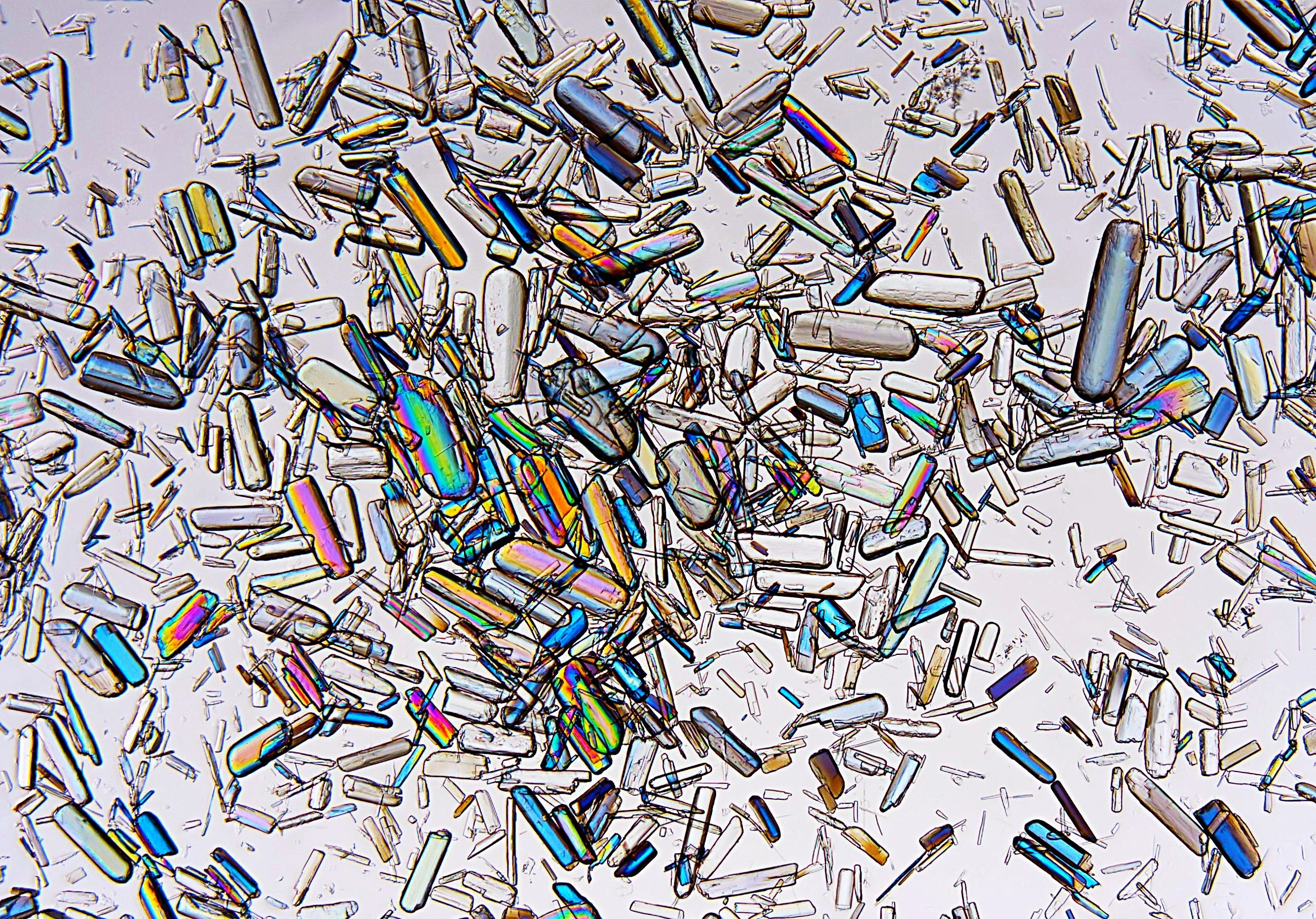API Sulfonate Salts Why draw attention to these versions of APIs?
A concern from a regulatory stance, BP and Ph. Er., with progressing a potential drug molecule sulfonate salt into clinical and drug development is the formation and presence of mutagenic alkyl sulfonate impurities produced when the salt formation or salt recrystallisation was conducted in alcohol solvents.
The regulators addressed this via a risk assessment approach of the salt production process as part of control.
A thorough examination of publications concerning this matter, Snodin. D. J. J. Pharm. Sci., Vol. 114, Issue 2, 719-735, has revealed that process conditions, appropriate grade sulfonic acid used in near molar quantities in alcohol solvents, will afford the API salt and not the alkyl sulfonate impurities when considered as competing reaction pathways.
Further experimental and mechanistic interpretation points to a nucleophilic displacement of the sulfonate anion of the hydroxyl from an alcohol, normally the solvent, under anhydrous and strongly acidic conditions for alkyl sulfonate formation. These are conditions seldom ever employed for API sulfonate salt formation.
Consequently, API sulfonate salts should be embraced if they enhance the physicochemical and pharmacokinetic profiles of the drug molecule candidate.
